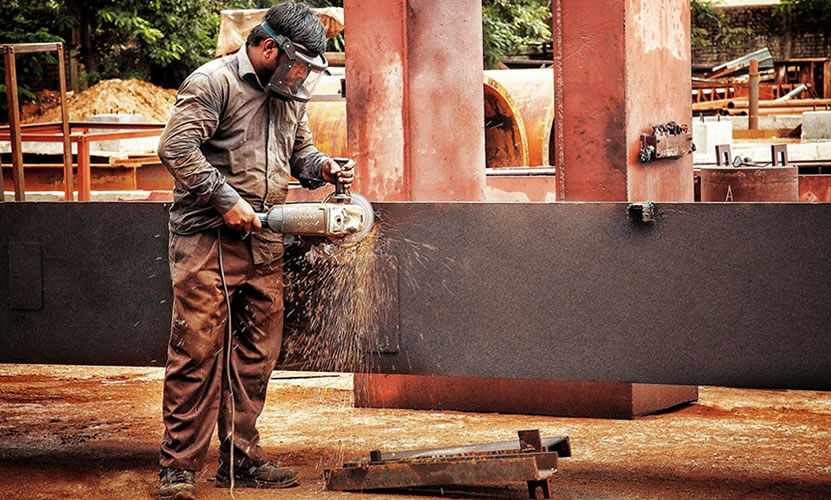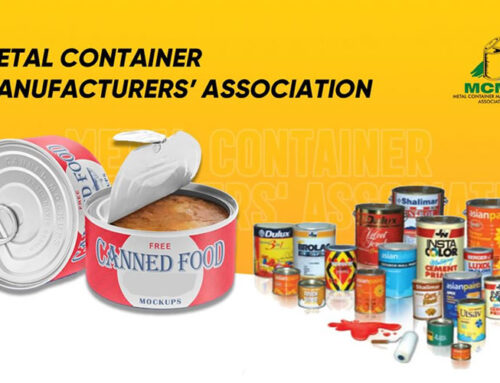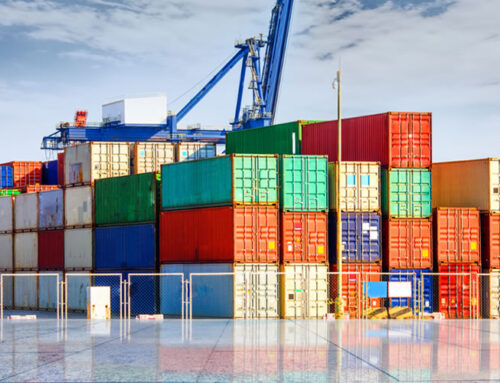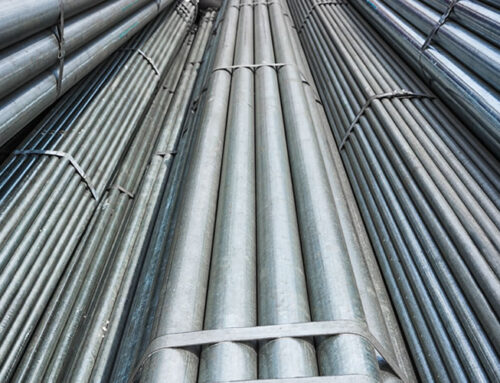Union Budget 2022: Steel industry seeks duty reduction, demand rationalization
Indian Steel Association (ISA) has submitted its memorandum to the government, seeking removal of ‘lesser duty rule’ and lower duties on input raw materials.
Indian Steel industry, which plays an important role in the overall infrastructure development of the country, wants the government to review the customs duty levied on some of the raw materials used by the sector and also certain tax rules that will help create a level-playing field for Indian steel manufacturers in the global arena.
Ahead of the Union Budget 2022-23, the Indian Steel Association (ISA), the industry body of steel manufacturers of the country, has submitted its wish list to the government, which, among other things, calls for reducing and rationalizing various duties and taxes along with policy measures to boost the growth of the industry.
The ISA has requested the government to reduce the basic customs duty on coking coal, SS scrap, nickel to nil from the current 1 per cent plus 1.5 per cent agriculture cess since the availability of these input raw materials is very low.
It has also sought the inclusion of petrol, oil, lubricants and natural gas under the purview of GST.
Since these are currently outside the purview of GST, steel companies are not able to avail of any input credit against these materials, it said.
It has also sought waiver of coal cess or refund of input tax credit (ITC) on GST compensation cess of Rs 400 per tonne of coal consumed for domestic steel sales.
This assumes significance as the government had created the National Clean Energy Fund with contributions from the clean energy cess imposed on coal mined in India or imported. The cess rose from Rs 50 per tonne in 2010 to Rs 400 a tonne in 2016. However, with GST coming into effect, it became a part of the GST compensation cess.
The ISA believes that a waiver or refund would help reduce the input cost and, in turn, the prices in the downstream industry.
In another important suggestion submitted to the government, the industry body has also sought the removal of ‘Lesser Duty Rule‘ or LDR, which was introduced over two decades ago in 1999. Incidentally, the ISA has highlighted the fact that even the Ministry of Commerce is in favour of removal of LDR.
According to the industry body, the LDR has become ineffective since it is not binding upon WTO members and large economies including USA, China and Canada among others do not follow the rule even as import tariffs have been reduced to as low as zero under the various Free Trade Agreements and Regional Trade Agreements.
“ISA’s submission to the government ahead of the Union Budget has covered a wide spectrum of concerns of the Indian steel players. Our memorandum highlights the issues that need to be resolved for the steel sector to grow from the current installed capacity of 144 million tonnes to 300 million tonnes, as laid down by the National Steel Policy unveiled in 2017,” says said Alok Sahay, Secretary General, Indian Steel Association.
“Reduction and rationalization of certain duties along with certain policy measures will help create a level playing field in the global arena especially where 2/3rd of imports from countries having FTA with India arrive at zero basic customs duty. We humbly request the finance ministry to consider our memorandum and hope that the government intervenes with the required measures,” adds Sahay.
Among other suggestions, the ISA has sought the linking of Steel Import Monitoring System (SIMS) with ICEGATE – the Central Board of Indirect Taxes and Customs (CBIC) portal that provides e-filing services – while including iron and steel in the Remission of Duties and Taxes on Export Products (RoDTEP) scheme.
The ISA is of the view that such an inclusion would boost Indian steel companies’ global competitiveness and boost exports. The scheme, which came into effect on January 1, 2021, ensures that exporters receive embedded tax and duty refunds, which were earlier not possible.
It has also requested the finance ministry to restore the Anti-dumping Duties (ADD) and Countervailing Duties (CVD), which were suspended by the government early last year.








Leave A Comment
You must be logged in to post a comment.